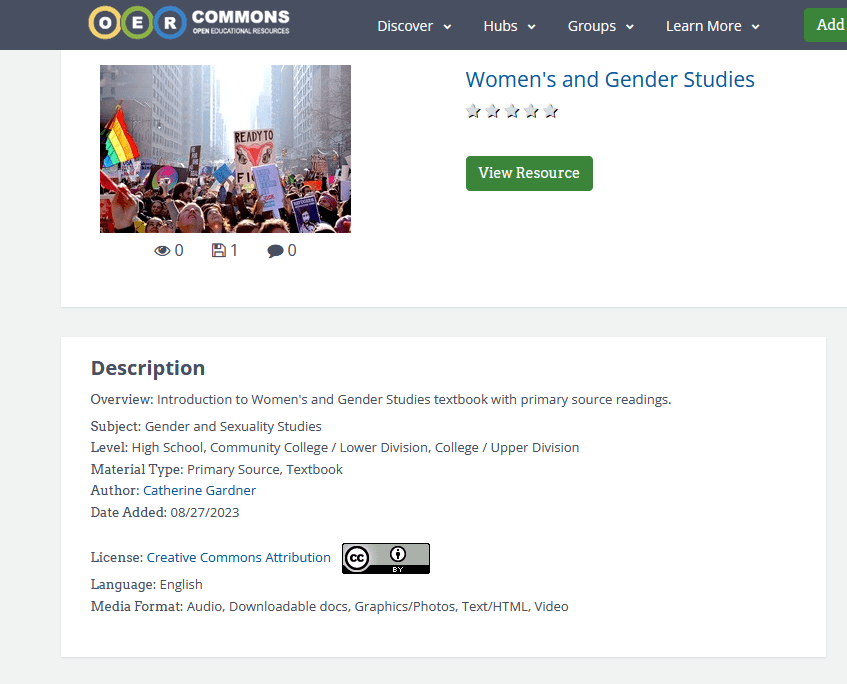The ROTEL Grant Project Team has partnered with Rebus Community to offer five (5) online webinars of approximately 1 hour each per year on topics related to Open Educational Resources (OER). The following professional development opportunities are available courtesy of the ROTEL federally funded open textbook project and the OER Professional Development Committee. Please share these monthly virtual sessions broadly with your OER community and others you wish to have join your OER community. These virtual sessions are intended to enhance the skills and knowledge of those who are currently adopting/adapting/creating OER resources. However, these sessions will also be useful for those who wish to adopt/adapt OER materials. All sessions will be recorded.
Reserve your spot today by filling out the registration form!
Once you have registered, you will receive a Zoom link one week prior to the workshop.
Diversity, Equity, and Inclusion in Open Publishing
Friday, February 23, 2024 | 10:30 AM – 11:30 AM ET
In this session, we’ll discuss how Rebus’ open publishing differs from traditional models by keeping diversity, equity, and inclusion in mind throughout the production cycle. Working with the principles of DEI is critical to creating valuable resources, and can have impacts beyond improving the quality of the OER. We’ll highlight how creators in Massachusetts have adopted this approach in their projects.
OER & Universal Design for Learning (UDL)
Friday, March 8, 2024 (Open Education Week) | 11:00 AM – 12:00 PM ET
Universal Design for Learning (UDL) is an approach to teaching that asks us to make our classrooms accessible from the start. While doing so can be fairly time intensive, the rewards make it worthwhile. UDL is a key approach to help us achieve the goal of greater inclusion in our teaching, especially with OER. At this session, we will explore the basics of UDL and how OER can help us make strides towards inclusive, innovative teaching and learning experiences.
Interactive OER with H5P
Friday, March 29, 2024 | 11:00 AM – 12:00 PM ET
With the shift to digital learning in online classrooms, we are reminded about the potential OER can provide to better engage with our students. This session will introduce H5P, a free tool that lets you create interactive content for your textbooks. We’ll look at the range of content types in H5P, see examples from published textbooks, and highlight other tools you can use to make dynamic OER.
Accessibility and OER
Friday, April 19, 2024 | 11:00 AM – 12:00 PM ET
One of the major goals of the open education movement is to ensure that learning materials are available and usable widely. Accessibility can be a barrier to widespread OER use and adoption, and is often an afterthought to many textbook publishers. In this session, we’ll explain what we mean by accessibility, remediation, and the work this entails. We’ll provide a set of small but simple ways for you to ensure that your learning materials meet accessibility standards
Creating OER with Students
Friday, May 17, 2024 | 11:00 AM – 12:00 PM ET
Student voices need to be central in OER projects, especially considering that they are the final users of these materials. In this session, we will showcase a range of OER that have been co-created with students. We will consider the following questions: Where can students join the publishing process? What conversations around ownership, copyright, licensing need to be had? How can this experience be enriching for students?


